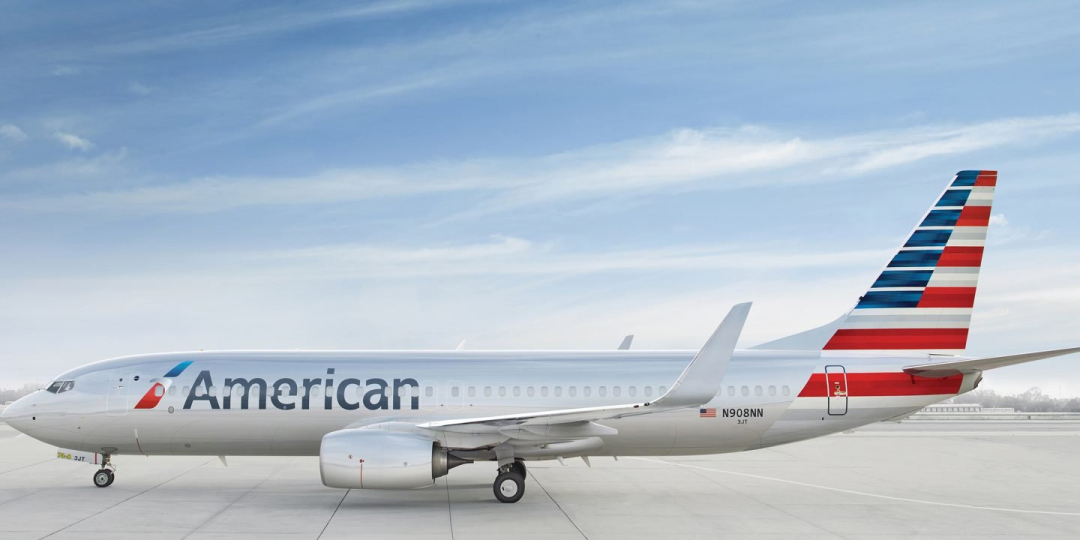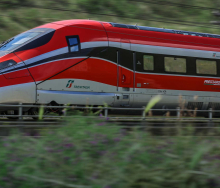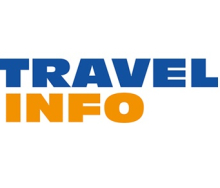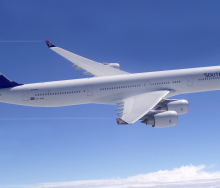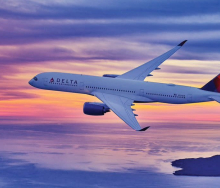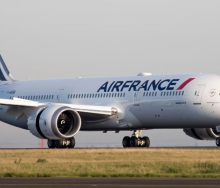American Airlines has issued a stinging response to the bid by a group led by the American Society of Travel Advisors (ASTA) to have the DOT force the airline to reinstate all fares to all channels, as reported by Travel News here.
The main thrust of the ASTA complaint was that the airline’s removal of 40% of its fares onto direct/NDC channels was responsible for substantial price disparities between GDS fares and those channels, in which inevitably the GDS fare was the higher in price. ASTA said the move had made it impossible for agents to fulfil the duty of care they had to their corporate clients.
Before lodging the complaint with the DOT, ASTA had tried to engage with the airline, but got no response.
Aside from asking the DOT to compel the airline to restore full offering of fares to GDSs, some of the requests that ASTA put to the DOT in the formal complaint in July, were:
* ASTA wants the DOT to require American to divest slots at Washington Reagan National, JFK and LaGuardia airports "in an amount sufficient to restore meaningful levels of competition to the Washington and New York markets".
* It wants the DOT to prevent the airline from banning the use of fare-shopping software that finds lower fares "at a minimum within the first 24 hours of a ticket booking”.
* It asks the DOT to consider revoking approval of antitrust-immune airline alliances.
Forced to finally respond by November 21, AA issued a statement, calling the complaint by ASTA “frivolous” – this delivered along with an allegation that some agents are trying to hold back innovation due to their reluctance to invest in new technologies, according to skift.com. The airline also accuses agents of trying to protect themselves, not consumers.
AA issued a statement in which it said: "NDC is not some unproven technology. Many of the biggest names in travel distribution have been using NDC for years. Last year, one out of every three travel agency bookings on American have been made using NDC connections. All of the largest online travel agencies have been connected to American for years." It also said it had made “huge” investments to make travel agencies’ transition to NDC easier.
“ASTA’s complaint is not an effort to protect consumers: it is an effort to protect certain agencies,” insisted AA. “It is a plea to the government, on behalf of some travel agencies, to slow the pace of innovation for those agencies that have not invested in new technologies or adjusted old ways of doing business.”
The airline claimed that travel advisers in the US were lagging behind their peers elsewhere in the adoption of new technology and that was the real harm to consumers.
American argues too that its distribution changes have spurred other airlines, including United, to adopt NDC technologies, saying that United has 40% of its sales through NDC-only channels.
ASATA's view
Travel News asked Otto de Vries, CEO of ASATA, how ASATA views the situation.
“ASATA is closely monitoring the situation but shares ASTA’s concerns. Our position is that customers rely on their travel agent or TMC to provide a full suite of services with the right products at the right price, but for that to happen, agents need access to all offers.
“From an airline sales point of view, NDC is so fragmented, with every airline using it for different purposes. By limiting or withholding the distribution of content and prices through channels used by travel agents, you are doing a disservice to a trusted distributor of your products and services, as well our shared customers.”
The parties now await a response from the DOT – either further investigation or a ruling on the matter.
The retail travel industry is on one side of the field, and the airline industry on the other – everyone is playing the waiting game. The result could have a massive effect on the fortunes of both.
